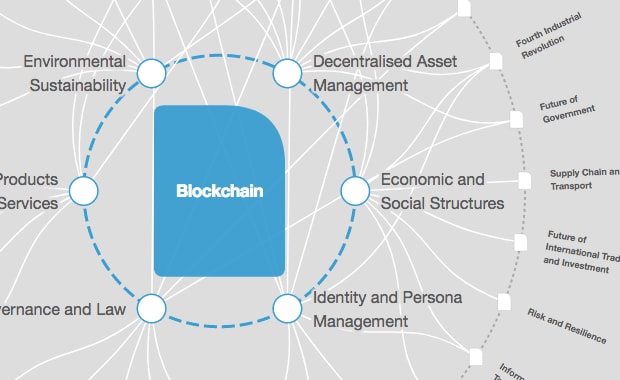Blockchain could be the the answer to preventing deadly epidemics

The Centers for Disease Control and Prevention (CDC) is looking into ways to utilize blockchain. Image: REUTERS/Darrin Zammit Lupi
In brief
The Centers for Disease Control and Prevention (CDC) is investigating how they might use the blockchain to share medical data between organizations across the United States. This could have a profound effect on the CDC's ability to respond to epidemics.
Data deluge
Blockchain technology is already revolutionizing the world of finance, and it’s set to do the same for various other industries, too. One of those industries is healthcare, and now, the Centers for Disease Control and Prevention (CDC) is looking into ways to utilize the technology.
The CDC helps maintain public health in the U.S. by sharing information about infectious diseases with state and local health departments. However, carrying out that task in a timely and efficient manner is rather difficult.
The sensitivity of health information plays a huge factor in this difficulty. The CDC needs to make sure only medical professionals with the proper credentials have access to the data. Even tighter constraints are in place with regards to editing it.
To ensure these privacy standards are met, various processes must be carried out, and some of these processes have to be performed manually. This takes time, which might be at a premium when an epidemic takes hold. The blockchain has the potential to make this process much more efficient.
Blockchain benefits
The CDC currently provides medical professionals with an app they can use to log information pertaining to their patients. However, personally identifiable information can’t be stored in the cloud for security reasons, and the alternative storage solution slows down the whole process.
Jim Nasr, chief software architect at the CDC’s Center for Surveillance, Epidemiology, and Laboratory Services, told the MIT Technology Review that this wouldn’t be the case with the blockchain. The tech would allow the same data to be stored and shared far more rapidly, while still complying with laws pertaining to user privacy and security. “Public health and blockchain really do belong together,” said Nasr.
This concept is still in its early stages, and many big questions have yet to be answered. Should local, state, or national bodies be in charge of the data? Who should be able to access it? How should patients and public health organizations be identified in the database?
Once these issues are sorted out, the CDC can move forward with blockchain implementation. Nasr and his team are currently working on several different prototypes, and they hope to start building actual applications for the technology in 2018.
Disclosure: Several members of the Futurism team, including the editors of this piece, are personal investors in a number of cryptocurrency markets. Their personal investment perspectives have no impact on editorial content.
Don't miss any update on this topic
Create a free account and access your personalized content collection with our latest publications and analyses.
License and Republishing
World Economic Forum articles may be republished in accordance with the Creative Commons Attribution-NonCommercial-NoDerivatives 4.0 International Public License, and in accordance with our Terms of Use.
The views expressed in this article are those of the author alone and not the World Economic Forum.
Stay up to date:
Blockchain
Related topics:
Forum Stories newsletter
Bringing you weekly curated insights and analysis on the global issues that matter.
More on Emerging TechnologiesSee all
Benjamin Wiener
November 19, 2025






